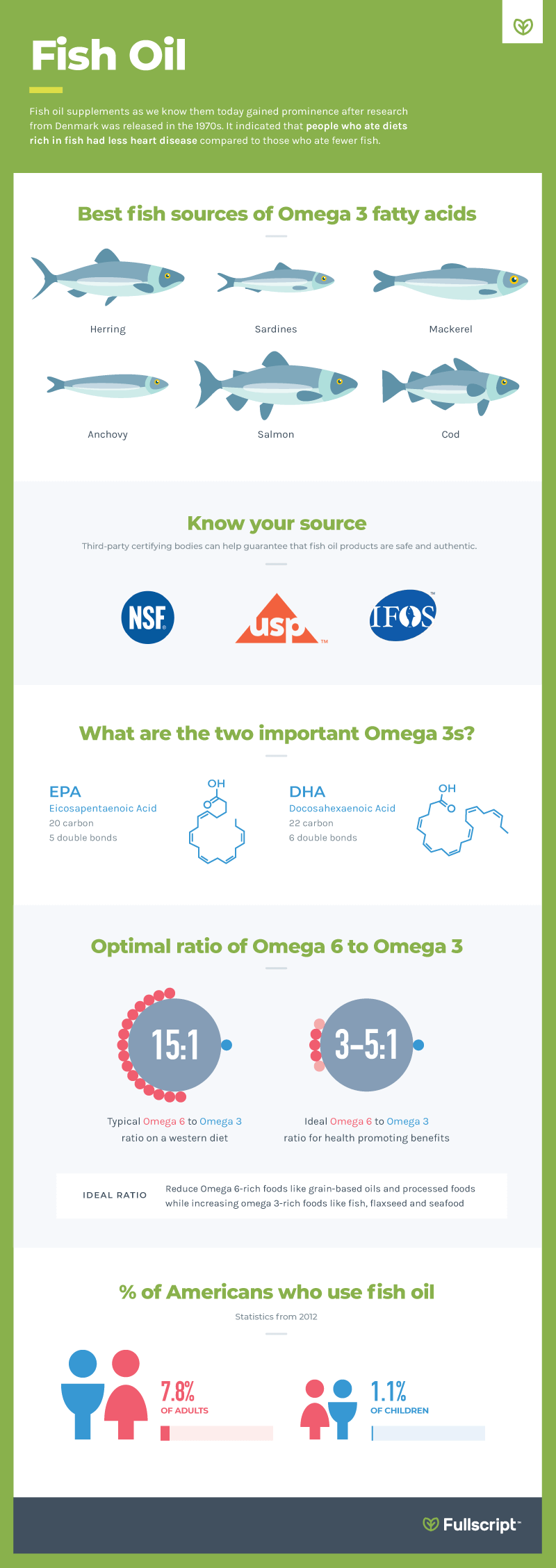|
You are not alone in your concern. Constipation represents one quarter of all visits to pediatric gastroenterologists (GIKids.org) As a functional medicine nutrition consultant, focusing on root causes of any abnormality is key to my plan of action. I can understand your concern and your desire to help your child have healthy bowel movements, and I am also pretty sure that you, too, want to get to the root of the problem. You don't want just a band-aid fix. I hope the following information is helpful. Never try a few things and give up. If they do not work, it simply means we need to dig deeper. The following information is not an exhaustive work. If these suggestions fail, we will do some testing to help us determine the root cause, but I like to start with simple remedies first and move on if they do not bring the results we are looking for. I will depend on you to let me know how things are going and if you need further assistance or help. How do I know my child is constipated? A child is considered constipated if he/she has fewer than three bowel movements a week, strains to have a bowel movement, or has hard stools or discomfort. What causes constipation? In an overwhelming majority of constipated children, it is usually not a medical reason, rather it is most often due to poor diet (too much poor nutrient depleting processed foods and not enough nutrient dense foods), poor bowel habits, and/or an emotional or psychological factor. Most everyone is deficient in magnesium due to poor soil quality and foods grown in these soils will have little magnesium. If it's not in the soil, it's not in the plant. Magnesium aids in muscle motility in the digestive tract. The balancing mineral to magnesium is calcium. Too much dairy intake (milk, cheese, ice cream, etc) upsets our magnesium/calcium balance. Calcium is a muscle constrictor whereas, magnesium is a muscle relaxer. You can see how this would be a factor in inadequate bowel motility. Dysbiosis is another cause of constipation. This means that the bacteria in the gut is imbalanced. Insufficient water intake, insufficient dietary fat, insufficient insoluble fiber intake, medications, hypothyroidism, and lack of exercise are many other reasons for constipation. Emotional or psychological factors include suppressing the urge to defecate due to pain (fissure, hemorrhoid or other structural problem), being previously scolded or from fear of some potty incident related to the bowel movement. Being too busy to stop what a child is doing also plays a factor. Ignoring the urge to defecate causes the stool to become more dried and hard as more water is dehydrated away and the rectum gets used to being stretched and fails to respond normally. When the following suggestions do not help resolve the constipation, please consider testing to get to the root of the problem. Consider food sensitivities, lactose intolerance, parasites, or leaky gut syndrome. We can test for these. What do you suggest to resolve this constipation issue? Medical professionals usually do not help patients with getting to the root of the problem, nor do they make nutritional suggestions. Instead they prescribe miralax, colace, dulcolax, senakot or other laxatives. These are only triage short term fixes that do not get to the root of the problem and may cause dependence. I prefer trying the following suggestions in the following downloadable file.
|
Debbie Vail, NC
Greetings from east central Alabama and welcome to my site. I am a graduate of Hawthorn University, a leader in holistic education. See more about me and my educational experience. Please see my resources page for your supplement needs Categories
All
Archives
April 2021
|
||||||


